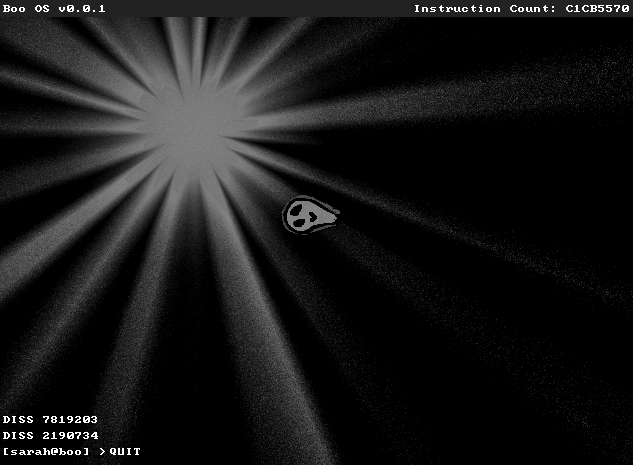
Many of the major trends in crypto right now are leading to the development of structures that are fundamentally aligned with anarcho-mutualism (community ownership and control, community credit).
You have to wipe off the icky layer of rentier capitalism settling on the surface.
You have to wipe off the icky layer of rentier capitalism settling on the surface.
https://twitter.com/valkenburgh/status/1465366443613200388
Seriously please wipe off the layer of rentier capitalism, it is what Adam Smith would have wanted.
https://twitter.com/SarahJamieLewis/status/1287870948398383104
Anyway, "left" and "right" economic dichotomies are imaginary - and I wish more people would read the damn source material.
https://twitter.com/SarahJamieLewis/status/1327437116402327554
There has never been more excitement around the concepts of community ownership, funding and shared responsibility combined with general scepticism of authoritarian constructs. There is so much potential there.
It frustrates me endlessly when I see organizers and other figures on the left unilaterally reject "crypto" because of some skewed idea about the philosophies that they perceive to be involved or promoted. Look at what the people are doing (and feeling) and be excited.
• • •
Missing some Tweet in this thread? You can try to
force a refresh





